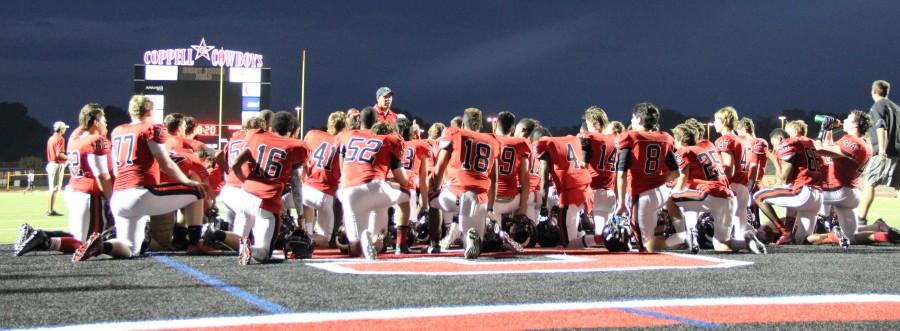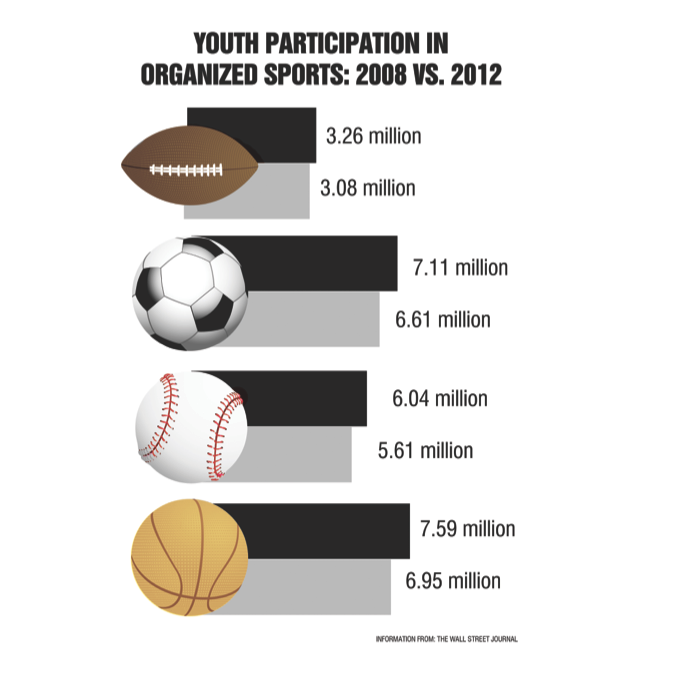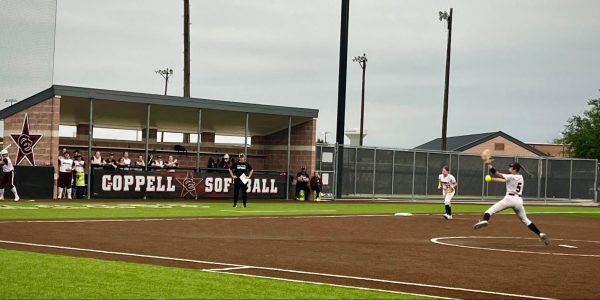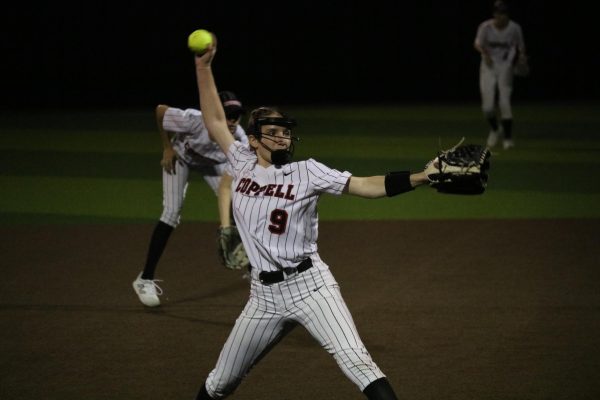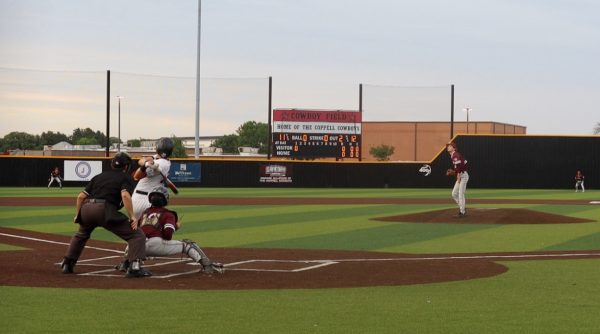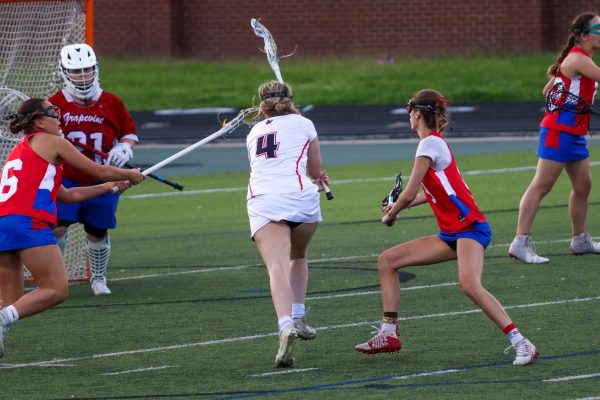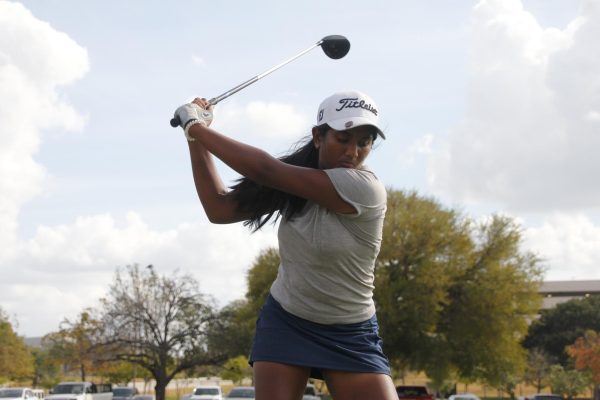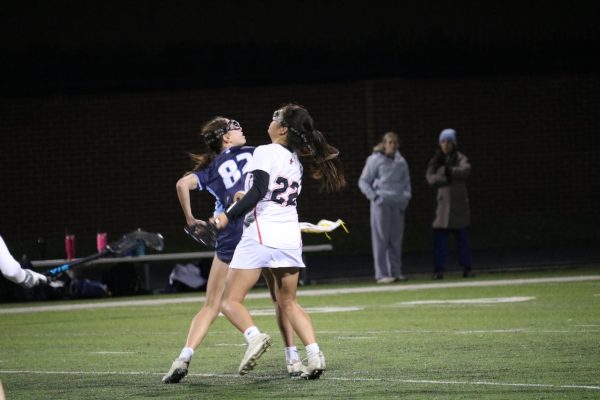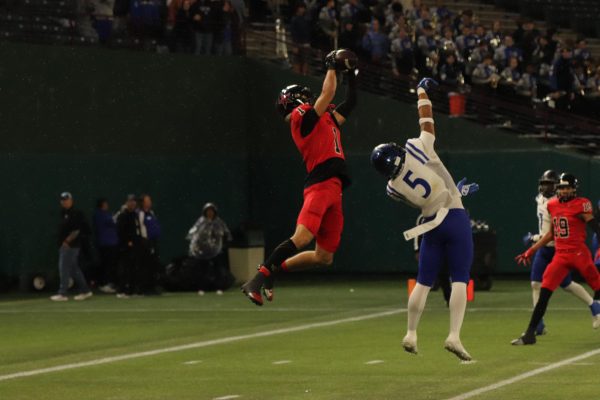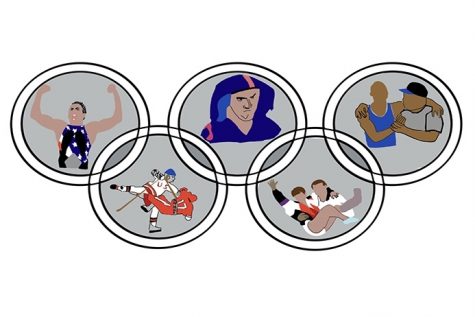A negative shift in youth sports
A subtle change in American youth sports is corrupting the system in which we learn teamwork, and the way to compete. If not recognized, it could be detrimental to the new generation of Americans.
Specialization is defined as the act of limiting one’s ability to one facet of an opportunity, and it could very well be ruining youth sports. Kids are being forced to pick one sport at an age as young as 7. This is not acceptable.
Overuse injuries, widely thought to be caused by single sport specialization, are at an all time high. Elbow injuries in baseball and softball have increased five fold in the past decade according to StopSportsInjuries.org. Even more frightening is that the average number of overuse injuries per year is increasing, while the mean age is decreasing.
Athletes, mainly children, that are specialized in one sport account for around 50 percent of overuse injuries according to the “Project Play” initiative. Overuse injuries, as opposed to acute injuries, are due to a long process where the bones or ligaments wear down over time and finally give way.
Rusty Greer, former Texas Rangers outfielder and my former baseball coach, told me, “[The] repetitive motion of a single sport can have a negative impact because the muscles never really have a chance to recuperate.” Greer went on to say, “as you grow older and as the body develops, it can handle the repetition of a single sport.”
A study conducted by the National Institutes of Health stated that there was a linear relationship between athletes who participated in one year-round sport and overuse injuries.
Another offspring of sport specialization in adolescents is the burnout rate. When someone is burned out in a sport, they no longer enjoy the game and have fun, often leading them to quit the sport all together. One can point to the pressure a child faces to please their parent who may have spent thousands of dollars for training, as the reason burned out kids continue to play. Coaches may also make players feel like they have no choice but to specialize.
Proof of this increase of burnout in kids is highlighted in a 2014 article posted by the Wall Street Journal. The numbers show that from 2008 to 2012, there was an 8.3 percent decrease in youth basketball participants aged 6 to 18 years old; that is a decrease of over 500,000 kids. The three other mainstream youth sports in America (football, soccer, and baseball), experienced an average decrease of 6.6 percent in that same time.
These alarming numbers are an indirect reflection of the parental and coach-based urge for kids to choose one sport over others, and in many circumstances the athlete is not in favor of specializing.
When an athlete no longer has fun in the sport, it ceases it’s main purpose as an activity, a game. As a first person witness to kids who were burned out in a certain sport, they lack the drive that is not only mentally weakening to them, but also to their teammates.
Where has the fun gone? Spontaneous games of football or baseball seem to almost be extinct, when only a generation or two ago an adolescent could not go a week without playing a pick-up game.
As a high school and club athlete myself, I can tell you that the desire to go outside and play just for enjoyment is not always present. Exhausted by ever growing amounts of school work, and daily practice for my high school baseball team, the energy just isn’t there.
But, I am in 10th grade, and although I am not fully matured, my body can take on more repetitive motion than that of a younger kid. The fact of the matter is, the number of middle and even elementary schoolers that could identify with the lack of desire for pick up games is outright insane.
The newfound demand for sports specialization at a young age is due to parents and kids convinced of the idea that focussing solely on one sport will refine their skills enough to move on to the college level. When in reality, most college athletes come from a background of playing multiple sports.
The American Medical society published a 2013 survey conducted with college athletes, and found that 88 percent of them played more than one sport as an adolescent. So, the common misperception that colleges are looking for recruits that only played their main sport as a child is false.
The conception that the earlier you single out the sport you play, the more work you can put into developing your skills to a higher level than others is just not true. While it may enhance the certain athlete’s ability to become a 12-year-old superstar, this thinking is illogical.
Not only are colleges recognizing the value of multi-sport athletes, professional sports organizations, such as the Dallas Cowboys, acknowledge it as well. Chris Hall, the Assistant Director of College Scouting for the Cowboys, disagrees with the basis of it.
“Kids being forced to focus on one thing is widely thought to better develop them, when it actually ends up burning [them] out,” Hall said.
Kids being forced to focus on one thing is widely thought to better develop them, when it actually ends up burning [them] out
— Chris Hall, Dallas Cowboys Assistant Director of College Scouting
Hall also mentioned that he has recruits take a questionnaire, and he estimates that at least three out of four respond with having played more than one sport.
According to multiple Coppell High School athletes, positive effects come from participating in various sports.
“I wouldn’t have been as athletic,” sophomore Pierce McFarlane said.
He also later conveyed that the multiple sports he plays (football and baseball) develops skills like speed, coordination, and strength, leading him to be more prolific in both sports.
Parker Rodman, a sophomore basketball player at Coppell, identified with the fact that choosing one sport can restrict the potential of athletes.
“Specializing in one sport can prove to have a negative effect on adolescents, it limits their horizons to one specific area,” Rodman said.
Sport specialization is detrimental to kids, and it is ruining the very foundation of youth sports. The facts prove why this movement cannot continue, but the real question is, will anyone take action?
Through awareness of the facts, parents and athletes alike must recognize the epidemic that is youth sport specialization. Only then, will we recognize what we truly love sports for, enjoyment.

Reid Valentine is a third-year staffer on The Sidekick who is mainly a sports writer with a passion for feature stories. His dream since being a child...



